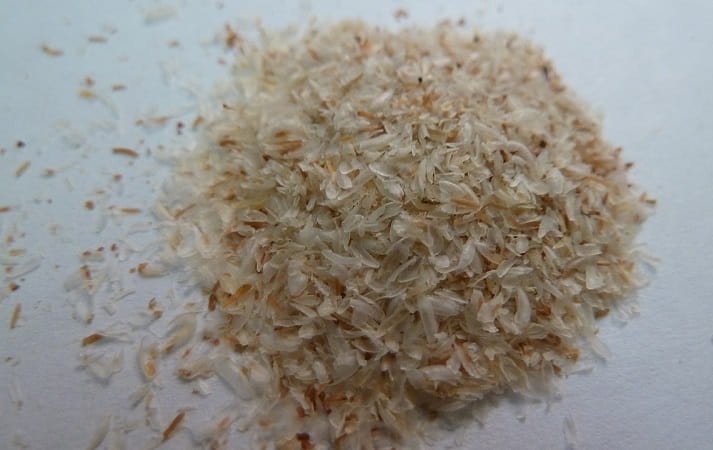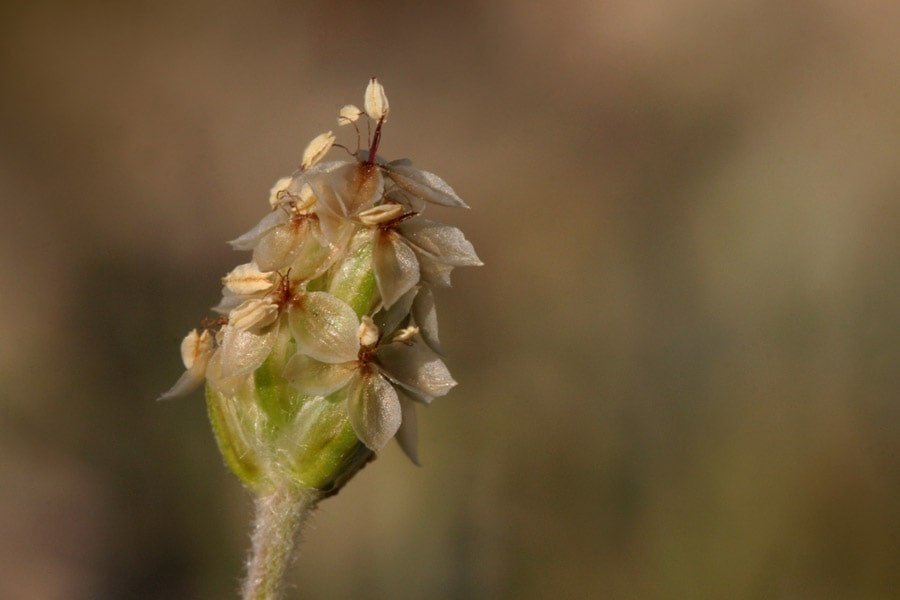Psyllium Husk and Intermittent Fasting: Does Psyllium Husk Stop Autophagy?

Intermittent fasting is a popular health trend that involves cycling between periods of eating and fasting. Studies suggest that intermittent fasting can stimulate autophagy [1], the cellular process of degrading and recycling cellular components.
Many people who practice intermittent fasting wonder about the types of food or supplements that might interfere with their fast and subsequently autophagy.
One such supplement is psyllium husk. Now, the answer to the question “does psyllium husk stop autophagy” is pretty straightforward.
No, it doesn’t stop autophagy.
This article will explain why psyllium husk does not stop autophagy, when it is considered that is a fast-breaker, how it affects insulin levels, and the benefits and side effects of its use.
Understanding Psyllium Husk

Psyllium husk is a dietary fiber derived from the seeds of the Plantago Ovata plant. It’s often used as a supplement to help in digestion and bowel regularity – especially for those struggling with constipation.
The main component of psyllium husk is soluble fiber, which helps to bulk up stool and aid in its passage through the digestive tract.
When considering whether a food or supplement could potentially break a fast, it’s crucial to examine its carbohydrate content.
Carbohydrates can trigger the release of insulin, a hormone that, when elevated, can shift the body from a fat-burning to a fat-storing state, thus interrupting a fast.
Psyllium husk does contain carbohydrates, but these come exclusively from fiber.
As fiber is not broken down or absorbed into the bloodstream, it does not affect insulin levels or interfere with fasting. [2]
KEEP IN MIND: However, if psyllium husk is consumed in a form that includes sugars or proteins, it could cause an insulin spike and potentially break a fast. Therefore, it’s important to check the ingredients of any psyllium husk supplement for added sugars or proteins.
Does Psyllium Husk Stop Autophagy?
I’ve already told you that psyllium husk does NOT stop autophagy. But why?
During fasting, the body’s energy stores are depleted, leading to a decrease in insulin levels and an increase in glucagon levels.
This shift in hormone levels triggers autophagy as a survival mechanism to provide energy and nutrients to the body.
Now, high insulin levels can inhibit autophagy. [3]
Insulin activates the mTOR (mammalian target of rapamycin) pathway, which is a negative regulator of autophagy. When mTOR is active, it suppresses the initiation of autophagy. [4]
Therefore, it is safe to conclude that when insulin levels are high, autophagy may be suppressed .
But, because psyllium husk DOES NOT cause insulin spike, it does not break the fast thus it doesn’t stop autophagy.
Psyllium Husk and Fasting
Now because psyllium husk does not stop autophagy, it doesn’t mean that it doesn’t interfere with fasting.
The impact of psyllium husk on fasting depends on the primary goal of the fast.
If weight loss is the objective, psyllium husk does not break a fast as it does not cause an insulin spike, allowing the body to continue burning fat as fuel during the fast.
However, if the aim of fasting is to improve gut health and motility, then psyllium husk will technically break a fast.
This is because the Migrating Motor Complex, a series of contractions that clean out residual food and bacteria from the stomach and small intestine, is stimulated by complete abstinence from food and drinks (except water) [5].
The purpose of the migrating motor complex is to sweep any remaining food particles, bacteria, and debris from the upper gastrointestinal tract into the lower parts of the digestive system.
This process helps to prevent the accumulation of stagnant material and aids in maintaining the overall health and function of the digestive system.
Pros and Cons of Psyllium Husk

Like any supplement, psyllium husk has its advantages and potential drawbacks.
Advantages of Psyllium Husk
- Digestive Health: Psyllium husk can help improve bowel regularity and overall digestive health. It can also reduce gas and bloating, common side effects of a high-fiber diet.
- Prebiotic: Psyllium husk acts as a prebiotic, fostering a healthy environment for beneficial gut bacteria.
- Satiety: The fiber in psyllium husk can increase feelings of fullness, potentially helping with weight management.
- Blood Sugar Control: Psyllium husk can slow down digestion, which in turn reduces the rate at which glucose enters the bloodstream. This can help manage blood sugar and insulin levels, which is particularly beneficial for individuals with diabetes.
Disadvantages of Psyllium Husk
- Digestive Issues: Despite being touted as a digestive aid, psyllium husk can cause digestive discomfort in some people, especially when consumed in large amounts.
- Potential for Bowel Obstruction: If not taken with sufficient water, psyllium husk can lead to bowel obstructions.
TIP: If you decide to incorporate psyllium husk into your fasting regimen, it’s advisable to consume it towards the end of your fasting window, especially if you’re struggling with hunger. It’s also important to ensure that the psyllium husk supplement you’re taking doesn’t contain any added sugars, as this could interrupt your fast.
Final Thoughts
While psyllium husk does not technically stop autophagy, neither breaks a fast if weight loss is the goal, it will break your fast if your goal is to completely remove any remaining food particles, bacteria, and debris from the upper gastrointestinal tract into the lower parts of the digestive system.
I leave you with a quick, 1-minute video of Dr. Eric Berg that talks about the benefits, uses, doses and side-effects of psyllium husk.
Feel free to check the following articles as well 👇
Read Next

